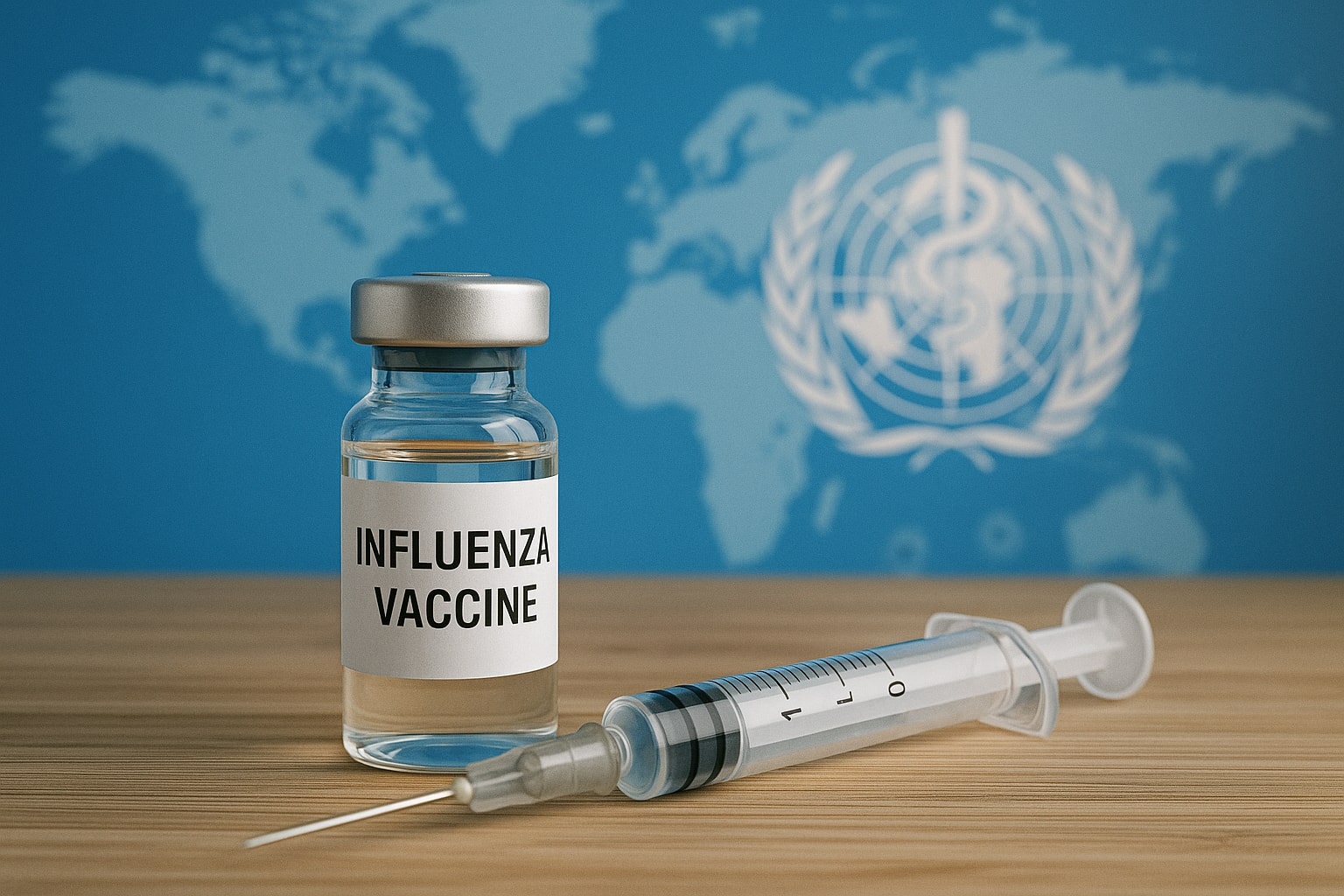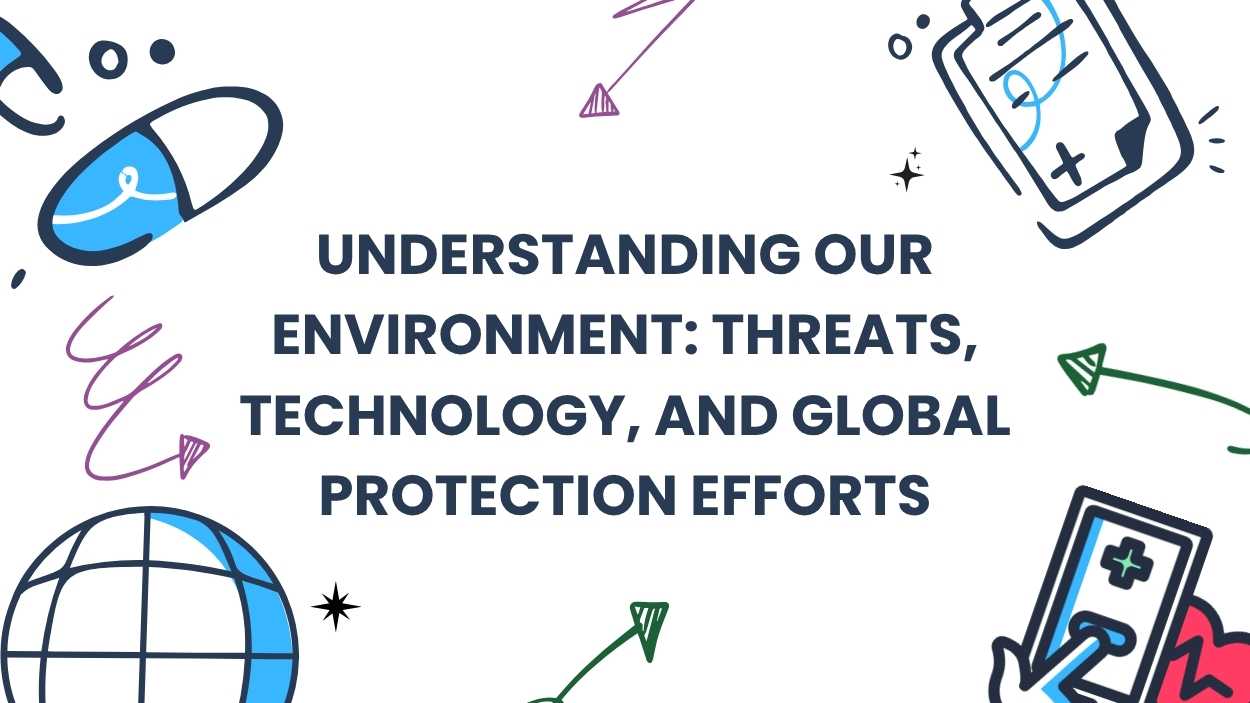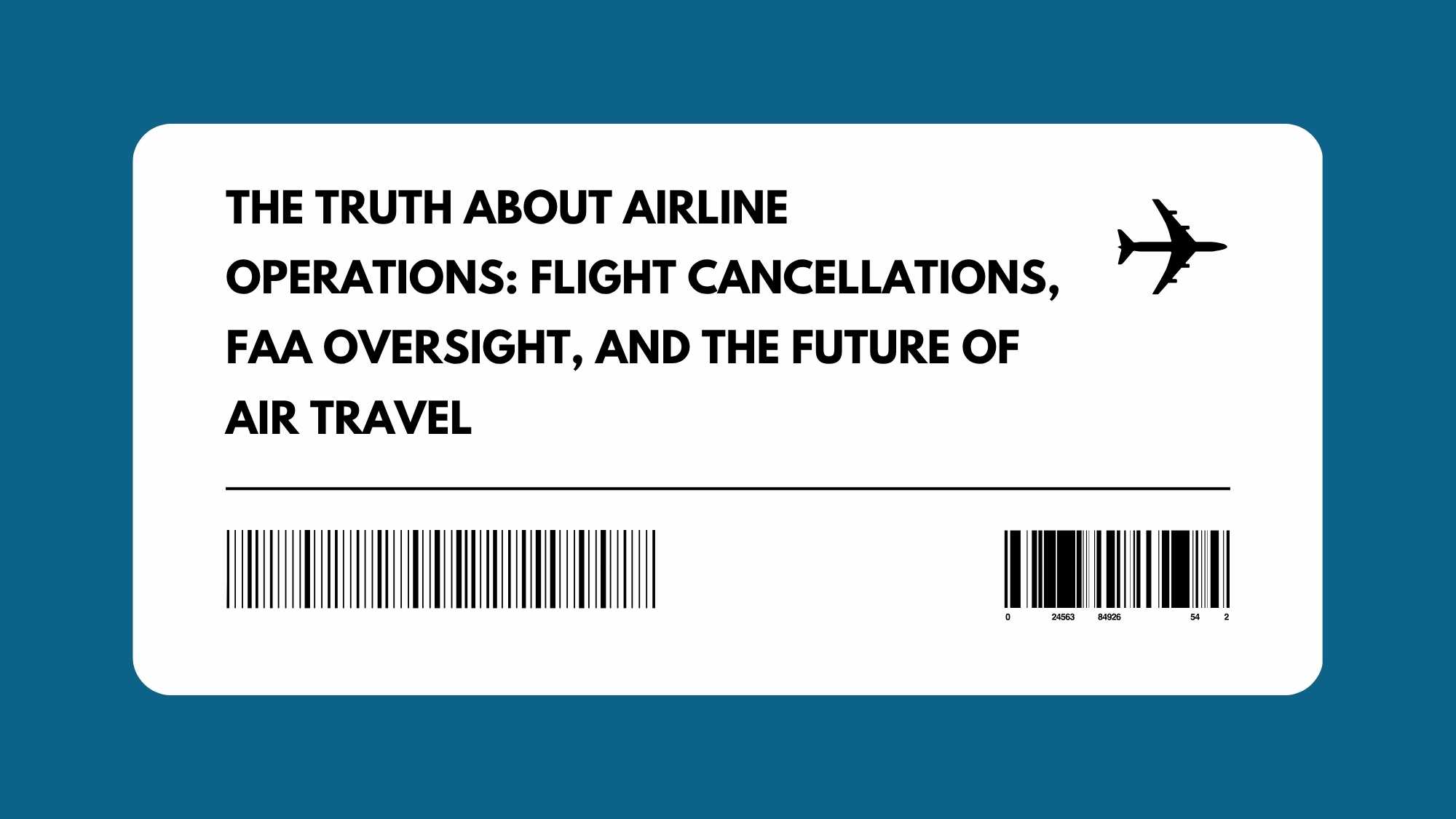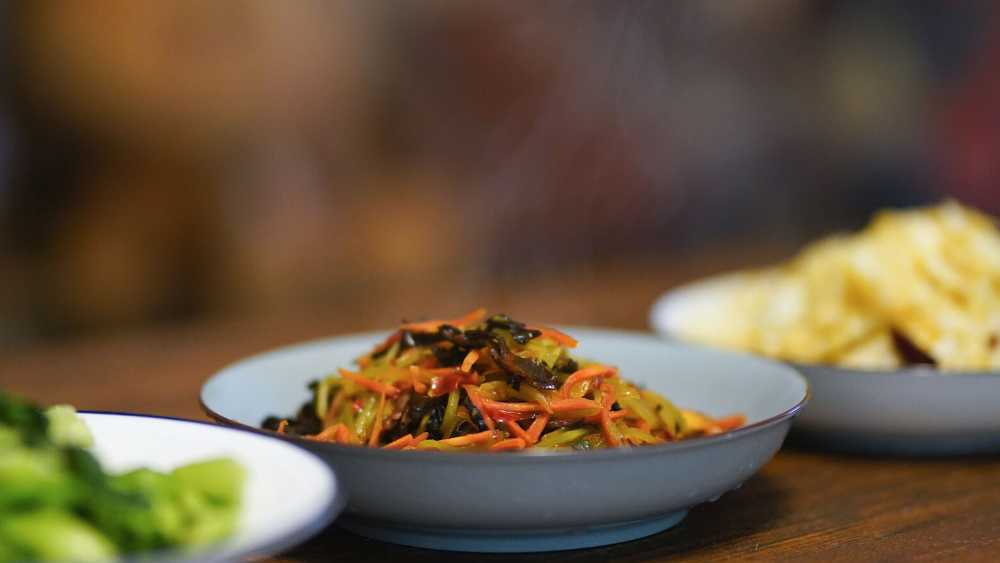The World Health Organization (WHO) has released its recommendations on the composition of influenza vaccines for the 2026 southern hemisphere flu season. The announcement followed a four-day consultation involving experts from WHO Collaborating Centres, Essential Regulatory Laboratories, and the Global Influenza Surveillance and Response System (GISRS).
Because influenza viruses evolve rapidly, regular updates to vaccine composition are necessary to ensure protection and reduce the burden of seasonal flu worldwide. WHO conducts these consultations twice each year—once for the southern hemisphere and once for the northern hemisphere—to review global surveillance data and determine the most effective vaccine formulation.
Purpose of the Recommendations
These guidelines provide a foundation for national regulators, pharmaceutical companies, and public health authorities to develop, produce, and distribute influenza vaccines ahead of the upcoming season. By aligning global efforts, WHO aims to ensure vaccine effectiveness and consistency in protecting populations against the most prevalent circulating strains.
Recommended Composition for 2026 Southern Hemisphere Vaccines
For trivalent vaccines (three-strain formulations):
-
Egg-based vaccines should include:
-
A/Missouri/11/2025 (H1N1)pdm09-like virus
-
A/Singapore/GP20238/2024 (H3N2)-like virus
-
B/Austria/1359417/2021 (B/Victoria lineage)-like virus
-
-
Cell culture, recombinant protein, or nucleic acid-based vaccines should include:
-
A/Missouri/11/2025 (H1N1)pdm09-like virus
-
A/Sydney/1359/2024 (H3N2)-like virus
-
B/Austria/1359417/2021 (B/Victoria lineage)-like virus
-
For quadrivalent vaccines (four-strain formulations):
-
Where trivalent vaccines have not fully replaced quadrivalents, an additional component is recommended:
-
B/Phuket/3073/2013 (B/Yamagata lineage)-like virus
-
WHO noted that since September 2023, the inclusion of a B/Yamagata lineage antigen is no longer considered necessary in trivalent vaccines, as evidence shows its circulation has significantly declined.
Looking Ahead: Pandemic Preparedness
In addition to seasonal flu recommendations, WHO has also updated its guidelines for developing candidate vaccine viruses against zoonotic influenza strains, highlighting the importance of preparedness for potential future pandemics.
These updated recommendations reinforce the ongoing global commitment to monitoring influenza trends and ensuring vaccines remain effective against evolving strains.













